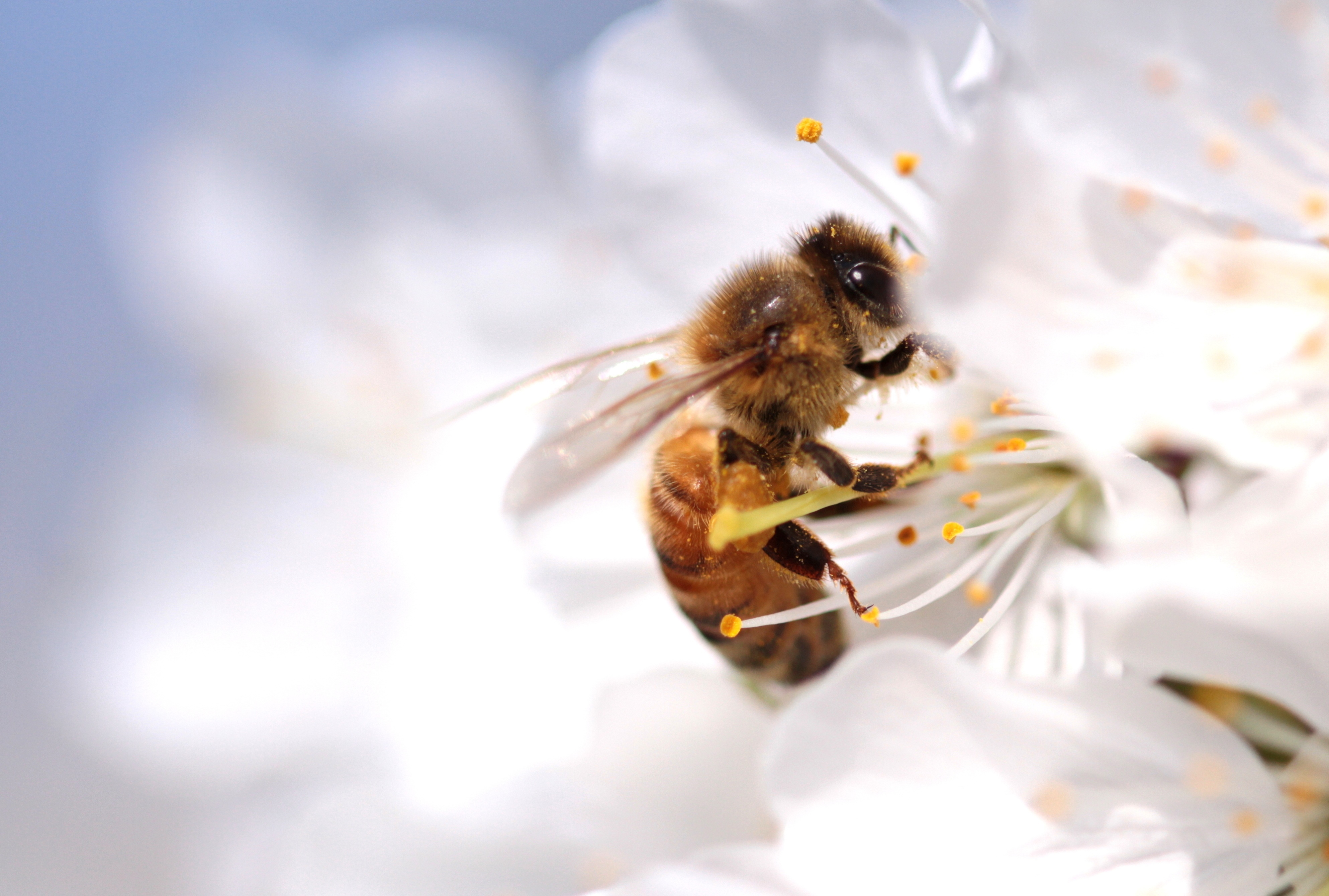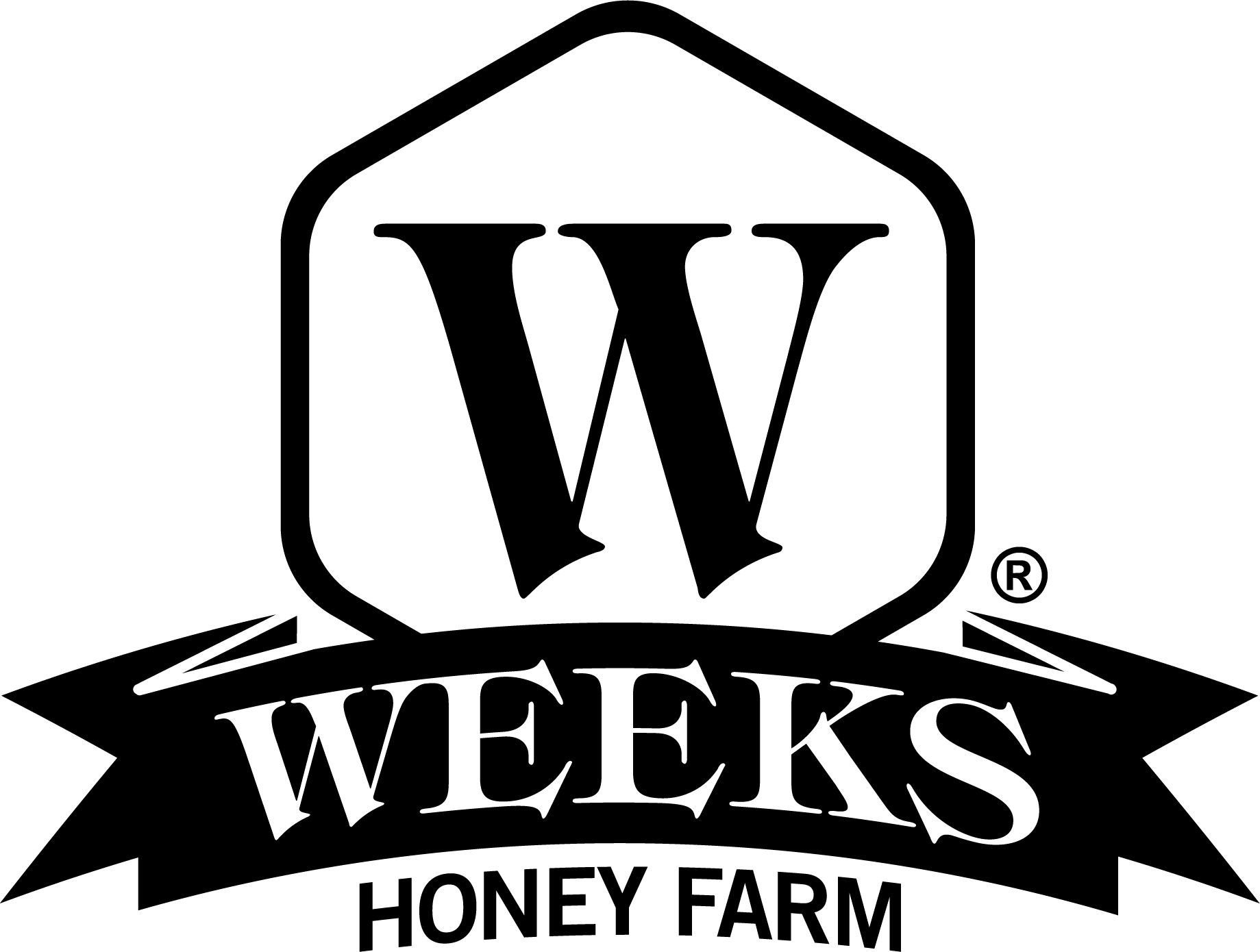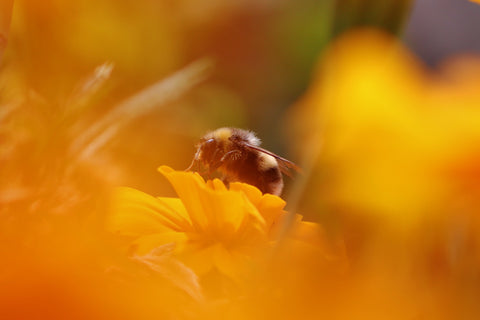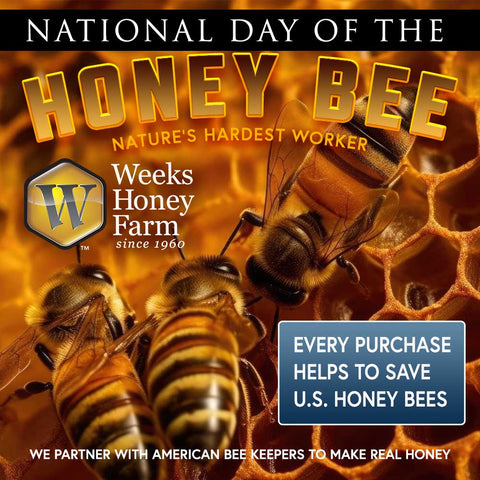National Honey Bee Day has spread nationwide with local and regional events hosted throughout the country. Though its history is still rather short, there is no denying that National Honey Bee Day is doing its part to bring eyes and interest to the world of honey bees and beekeeping.
National Honey Bee Day got its start in 2009 when a small group of beekeepers petitioned for and obtained a formal proclamation of National Honey Bee Day from the United States Department of Agriculture (USDA) and was first celebrated on August 22, 2009 (the fourth Saturday of August, now celebrated on the third Saturday). The following year, non-profit group Pennsylvania Apiculture Inc. stepped in to facilitate the observance and the promotion of the occasion.
But why do honey bees have their own day? Because, while we all enjoy indulging in their namesake, honey bees are actually responsible for a large portion of our everyday diet. Many may not know that pollination is the vital “second shift” of the humble honey bee. While honey bees are gathering nectar, they’re also fertilizing flowering plants. Pollination occurs when pollen is transferred from the anthers of a flower to the ovules of another flower. This pollination greatly increases the quantity and quality of many crops like fruits, vegetables and nuts. In fact, according to research published in 2012, the increased yield and quality of agricultural crops as a result of honey bee pollination is valued at more than $17 billion a year. Talk about busy bees!

As we celebrate National Honey Bee Day, it’s the perfect time to take action in your everyday life to help the humble honey bees in your area. In a time when our favorite pollinators are threatened by parasites, pathogens, pesticides, diminishing habitat and poor nutrition, people are always asking what they can do to help. Today we are sharing five simple things you can do to join in the efforts:
- Plant bee-friendly flowers and flowering herbs in your garden and yard.
- Reduce or limit the use of chemicals and pesticides to treat your lawn or garden while plants are in bloom.
- Bees are thirsty. Put a shallow basin of fresh water with marbles or rocks in it for the bees to land on outside your home.
- Learn how to be a beekeeper with sustainable practices.
- Donate to an organization dedicated to helping protect and promote honey bees and other pollinators.
https://honey.com/blog/adventures-in-beekeeping-national-honey-bee-day








